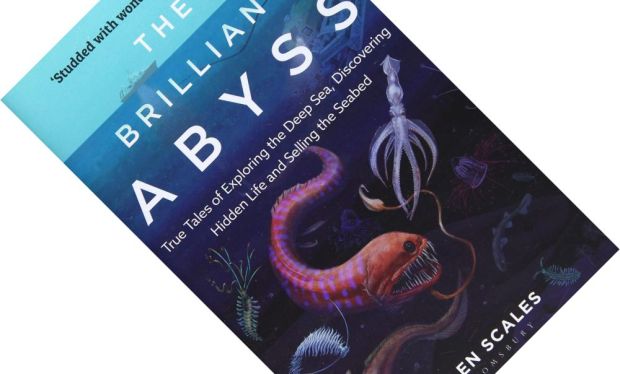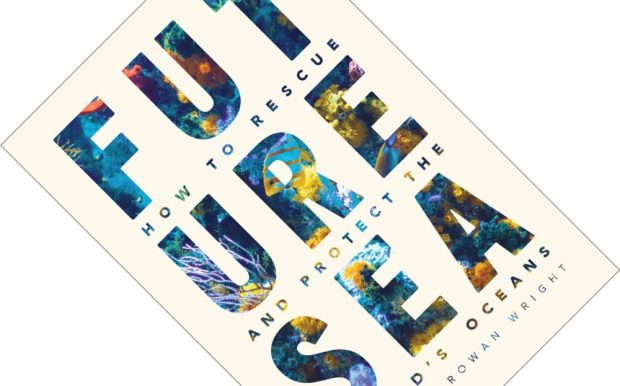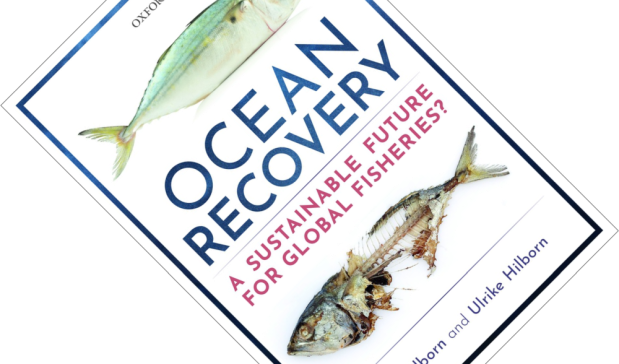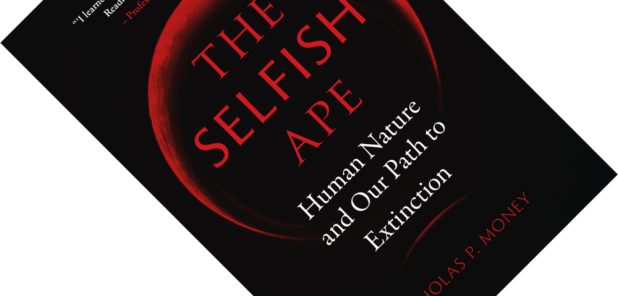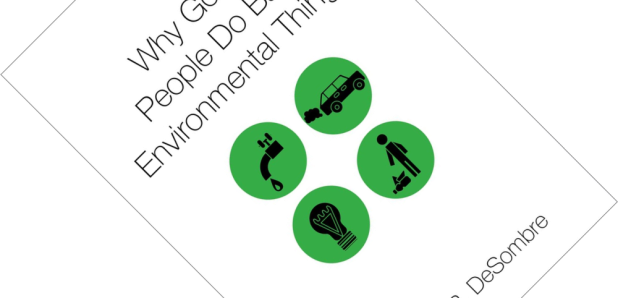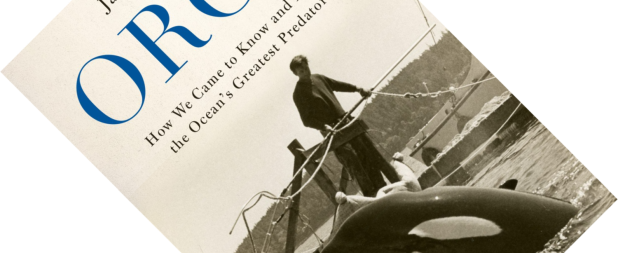7-minute read
Marine biologist Helen Scales returns for her third book with Bloomsbury’s popular science imprint Bloomsbury Sigma. After shells and fish, she now drags the reader down into the darkest depths of the deep sea. Both a beautifully written exploration of the ocean’s otherworldly wonders and a searing exposé of the many threats they face, The Brilliant Abyss is Scales’s most strident book to date.

